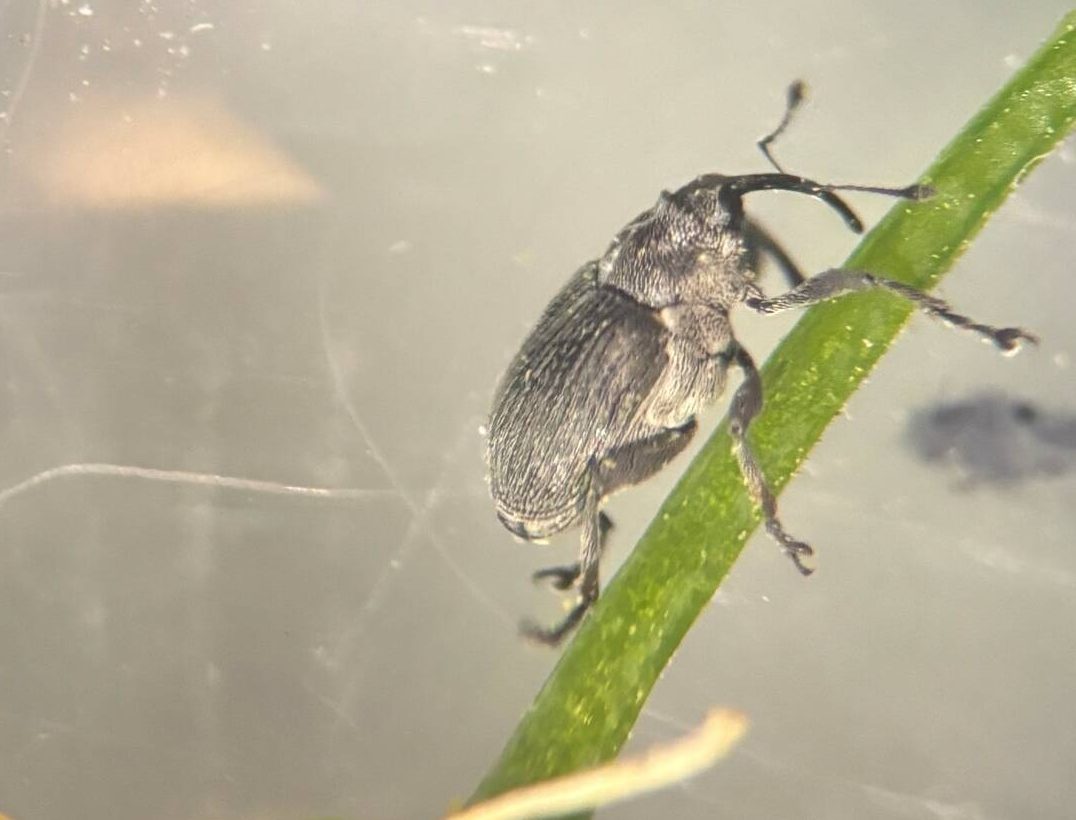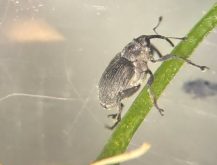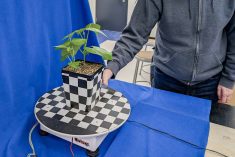Bayer Crop Science and Kansas State University (K-State) have signed a wheat germplasm and technology licence agreement to promote the further improvement and development of hybrid wheat.
“Hybrid wheat is a difficult technical challenge, but the payoff will be in a substantial potential for increased yields for growers,” Ernie Minton, associate director of research for K-State Research and Extension said in a release.
K-State’s Wheat Genetic Resource Center (WGRC) will help identify traits that are potentially useful for hybrid wheat production and that are naturally available in their extensive collection of grass species which are closely related to cultivated wheat. Bayer will work with K-State researchers and scientists to develop a trait-discovery pipeline for efficient hybrid wheat crop production using K-State’s genetic stocks.
Read Also

Cabbage seed pod weevil the surprise top canola pest in Manitoba for 2025
Get set to scout this summer. After a few years of low profile in Manitoba, cabbage seed pod weevil populations, among a few other pests, boomed here in 2025.
The agreement allows Bayer CropScience to license K-State’s germplasm and related intellectual property rights.
“Wheat is an ancient crop that has gone through much change and continues to undergo change. With this agreement, our expertise in wheat genetics and genomics, combined with Bayer’s global expertise and wheat leadership, will help one of the world’s most important crops to advance,” John Floros, dean of the College of Agriculture said in the release.
As part of the collaboration, K-State also will establish an endowed chair for wheat genetics research and breeding. The endowed chair will be named for Bikram Gill, university distinguished professor of plant pathology and director of the Wheat Genetic Resource Center.
















